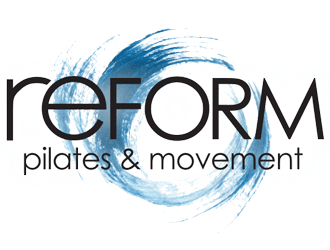Finding support on a difficult morning
– see the end of this post for Lyra’s offering of by donation Alexander this month) –
On this morning, the day after the election, as I looked at the faces of my clients I was struck at how deeply affected they were. I wondered, with the tools I have, in the face of…well, everything, what could I possibly offer them? As I taught, a through line began to appear, and over and over I came back to one thing: access to support. No matter your political leanings, I think we all can agree that right now, we desperately need any support we can get.
Among other things, I am a Contemporary Alexander Technique teacher. We talk about Alexander in many ways, but if we chose (as I do today), we could define Alexander as the study of inherent support.
- Support is the bearing of weight, keeping upright, or giving assistance to.
- Inherent is the existance of a permanent or essential attribute.
So, in this challenging time, what is our inherent support, and how do we access it?
Think of your body as a spiral staircase. I grew up in New Mexico. In a small chapel in my home town is a miraculous staircase, built with no nails and no visible means of support. Left to it’s own devices, it has done a beautiful job of carrying people up and down for centuries. All it needs is it’s own architecture and a relationship with gravity (the ground).
Imagine though, that for some reason the staircase begins to lean. In order to preserve it, the caretakers add straps to hold it up, and the tension of the straps is what keeps it from falling. Most of us are in a state of lean; our structure (skeleton) can no longer stay upright on it’s own and we are using our straps (muscles) to hold us up. While straps might seem like a good solution for a leaning, fundamentally stationary structure like a staircase, WE MOVE, and putting straps on a moving being limits its ability to move. Muscles (straps) are meant to move us through space, not hold us up, so the more straps we use to keep our staircase from falling, the harder we work just to stay upright, and the fewer muscles we have available to move us though space.
So how do we rediscover our inherent support, the staircase we all posses? In Alexander work we use our hands, words, experiences, and practice to give students a deeper feeling and understanding of support, ease, and grace. It’s challenging to convey through written words alone, but here it goes:
1. Know it’s yours.
You may have forgotten the staircase, but it’s not lost.
First – if you are standing, feel the globe of your scull, the long curves of your spine, the bowl of your pelvis, and the bones of your legs and feet. If you are sitting, add the sitz bones, the bumps at the bottom of you pelvis that are making contact with the chair. You can use your hands to feel your bones, or feel them through your kinesthesia which is the way you sense your body from the inside. (If you don’t feel anything, don’t fret, you still have a skeleton and it’s not going anywhere, you just may not have had asked your body to feel it in a while).
Next – Play with your lean. Tip to one side until your head is no longer over your ankles if you’re standing or your sitz bones if you are sitting. Notice how many muscles you have to use to keep from falling over, and how much work it is. Slowly tip back to upright noticing as muscles turn off and soften. Do the same tilting forward and back. Notice that it’s easier the closer you get to upright — that’s your staircase at work!
2. Notice the ground.
Remember you are in relation to gravity. Noticing is different from just knowing the ground is there. Feel the ground in this moment, where is it touching you? Your feet? Through your chair? Through a doorknob or the keys on your computer? What’s it’s temperature, texture, etc? What does it feel like to you in this place at this moment?
3. Let yourself rest.
Rest is not collapse. My teacher defines rest as consciously receiving support. So now that you’ve felt your bones and the ground, let them hold you, and receive the support they have to offer. The straps may not come off all at once. Your neck may still feel tight, your back may still ache a bit, but you may be surprised to learn what you no longer need to hold yourself up. You may not need to work quite as hard. You might feel more of your own support. And access to support can give you ease, comfort, and grace.
When we are in relation to ourselves and the ground we are held, supported, and fundamentally not alone. The earth will never go away. You may forget it for a while, but the ground will always be under your feet. No matter how you feel about the election, no matter how ungrounded or shaken events in your life may make you feel, the ground will never abandon you. It will always be there supporting your skeleton, if you let it.
The practice of noticing the sources of support available to us can be a momentary breath of fresh air (literally, the air in your lungs help support your ribs) or a life-long study. Either way, take some time today to feel your staircase, the ground, the coffee cup supporting your hand, your friends, family, and community, and allow yourself to receive the support they have to give.
All Access Alexander
Some in our community seem shaken, ungrounded, and in need of support this month. In response, Lyra is offering by donation Alexander lessons for the month of November. In the face of stress, fear, and challenge, come learn to access ease, grace, and comfort. All are welcome, no one will be turned away. Call the studio to schedule. alexandertechniqueportland.com


